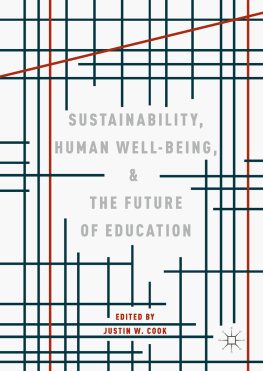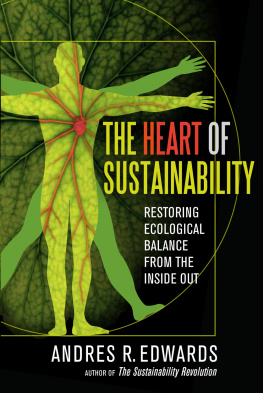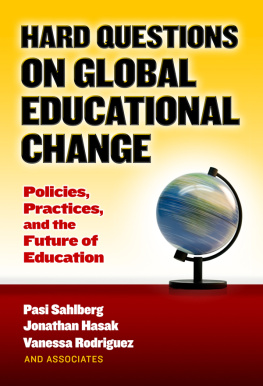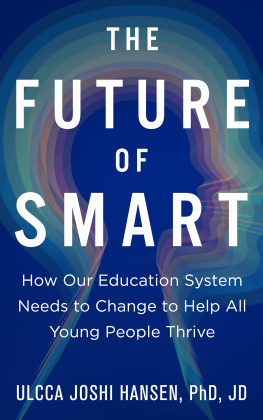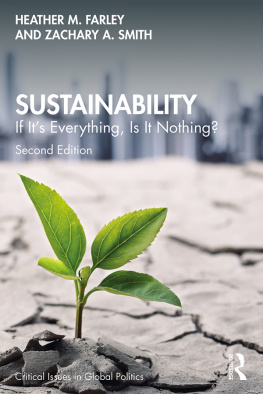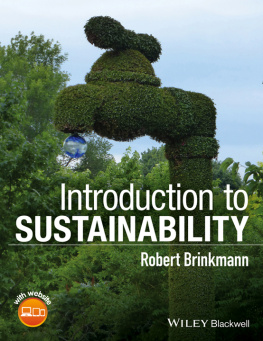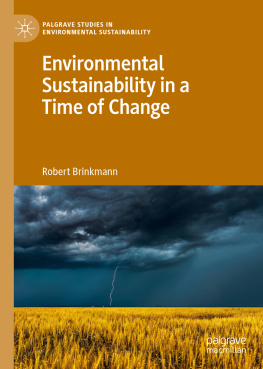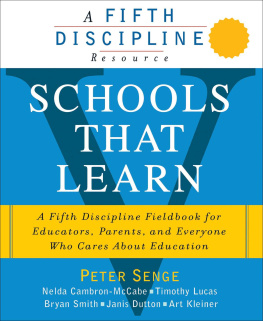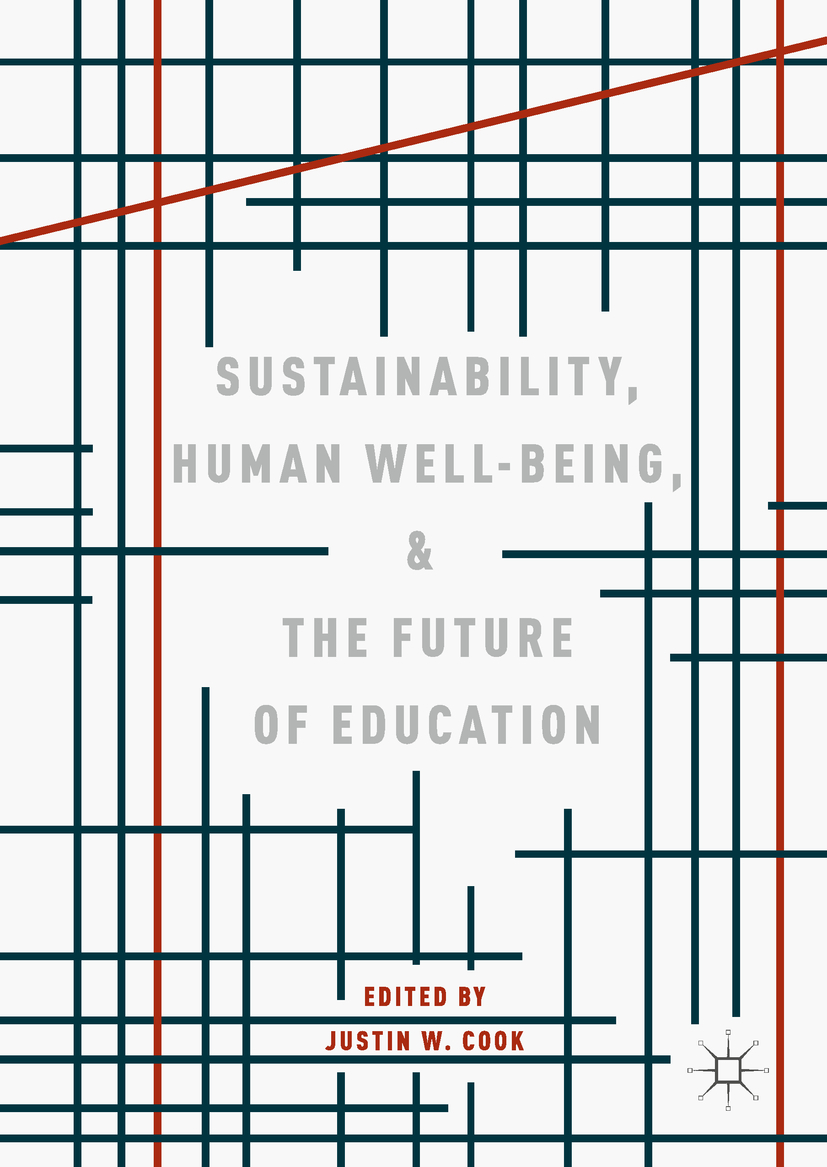Editor
Justin W. Cook
Sitra, The Finnish Innovation Fund, Helsinki, Finland
ISBN 978-3-319-78579-0 e-ISBN 978-3-319-78580-6
https://doi.org/10.1007/978-3-319-78580-6
Library of Congress Control Number: 2018946553
This book is published open access.
The Editor(s) (if applicable) and The Author(s) 2019

Open Access This book is licensed under the terms of the Creative Commons Attribution 4.0 International License (http://creativecommons.org/licenses/by/4.0/), which permits use, sharing, adaptation, distribution and reproduction in any medium or format, as long as you give appropriate credit to the original author(s) and the source, provide a link to the Creative Commons license and indicate if changes were made.
The images or other third party material in this book are included in the book's Creative Commons license, unless indicated otherwise in a credit line to the material. If material is not included in the book's Creative Commons license and your intended use is not permitted by statutory regulation or exceeds the permitted use, you will need to obtain permission directly from the copyright holder.
The use of general descriptive names, registered names, trademarks, service marks, etc. in this publication does not imply, even in the absence of a specific statement, that such names are exempt from the relevant protective laws and regulations and therefore free for general use.
The publisher, the authors, and the editors are safe to assume that the advice and information in this book are believed to be true and accurate at the date of publication. Neither the publisher nor the authors or the editors give a warranty, express or implied, with respect to the material contained herein or for any errors or omissions that may have been made. The publisher remains neutral with regard to jurisdictional claims in published maps and institutional affiliations.
Cover design by Tjaa Krivec
This Palgrave Macmillan imprint is published by the registered company Springer Nature Switzerland AG
The registered company address is: Gewerbestrasse 11, 6330 Cham, Switzerland
Acknowledgements
This project would not have been possible without the unique resources, access and capabilities enjoyed by the Finnish Innovation Fund, Sitra. Those outside of Finland (and even some within) would be forgiven for not understanding what an organization like Sitra can do. Because of its public mission and independence afforded by an endowment, Sitra can creatively pursue the betterment of Finnish society (as prescribed in Finnish Law) through cross-cutting, future oriented activities that can begin with a theory without necessarily knowing the conclusion or outcome in advance. Within the public sector especially, this is unusual.
This book is an outcome of just such an exploratory process. Several years ago, Sitra began developing a new societal model organized around sustainability and human well-being. As part of that work, we asked what role education would play in working toward that future. The answers came from many corners of Sitra, of the education community in Finland, from Finnish society itself, and a broader global network of contributors. Without each of their insights, experiences and voices, this book would not have been possible.
Without two key collaborators at Sitra, this book would not have moved out of an idea stage. Jenna Lhdemki worked tirelessly to catalyze a new community of stakeholders across Finland to think about and work creatively toward a new future for education. She was instrumental in helping to facilitate our collaborative writing process and workshops in both Finland and the US and wrote two important case studies for the book. Before Jenna came on board, Julia Jousilahti helped to build the firm foundation of research and thinking on which this book and the broader project is based. The need to write a book was an act of inspired foresight by Paula Laine who has thoughtfully guided this project from its inception. My foresight and insight team colleagues, especially Timo Hmlinen, Eeva Hellstrm and Vesa-Matti Lahti have made significant direct and indirect contributions to this book and have helped shape my understanding of sustainability, human well-being, complexity, and countless other issues.
The contributing authors of this book have shown tremendous commitment to this work and I know will continue to carry forward the insights that we have developed together. Their willingness to deeply collaborate and learn together has been inspiring.
To my wife Heidi, a vibrant principal of a public school, thank you for your patience during my nearly 100 trips to Finland and countless weeks away over the last 10 years. To my mother, a dedicated and accomplished educator, thank you for making learning my priority. I hope you both might see your influence in these pages.
Helsinki, Finland
May 2018
Justin W. Cook
Introduction
This book is a response to the situation that many Western societies find themselves in today: digitalization and globalization have made the future, and how future generations will succeed in it, profoundly uncertain. The future is of course, always uncertain. But with a few exceptions (wars, pandemics, etc.) since the nineteenth Century, there has been a reasonable expectation that society and the economy would advance while nature, viewed through the lens of dominion, would remain productive and stable. In other words, that the future was in some way, connected to the past and that each generation would be better off than its forebear. Today, it is hard to point to anything that is stablethe environment included. This volatile and uncertain moment raises questions of purpose for societys constitutional institutionseven and perhaps especially, education. What is the purpose of education? Should education systems be burdened with sustainability? And how should we determine its purpose? To what end do we learn?
In the West, our education systems have largely been a success. They have helped lift millions to higher levels of social, civil and economic success and thereby contributed to strong nation states and economies. And with success has come a certain degree of trustand complacencytoward the administrative systems designed to sustain learning at scale. As societies have evolved, we have asked education systems to do many things from career and college readiness to sustainable development as well as many other forms of cultural transmission. But trust has also lead to another feature of our education systems: neglect. Even if it is benign, neglect has kept education outside of the strategic conversations that shape national goals, priorities and investments. At the highest levels, the education debate is often concerned with its administrative design, rather than what society expects and needs. Education is ring-fenced into an administrative silo where the challenging demands of delivery overpower internal debate about purpose. Sloganeering often characterizes the external debate.

